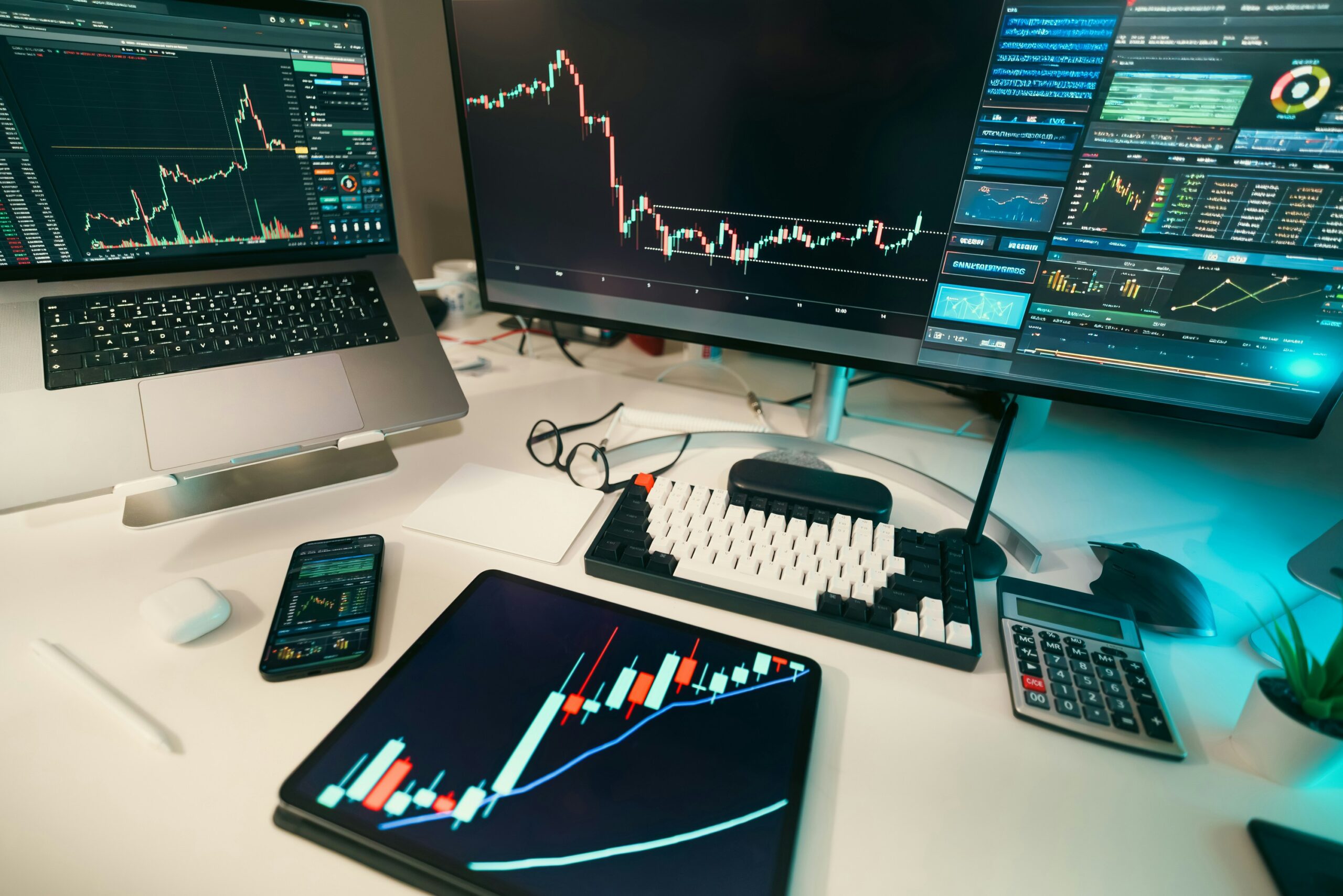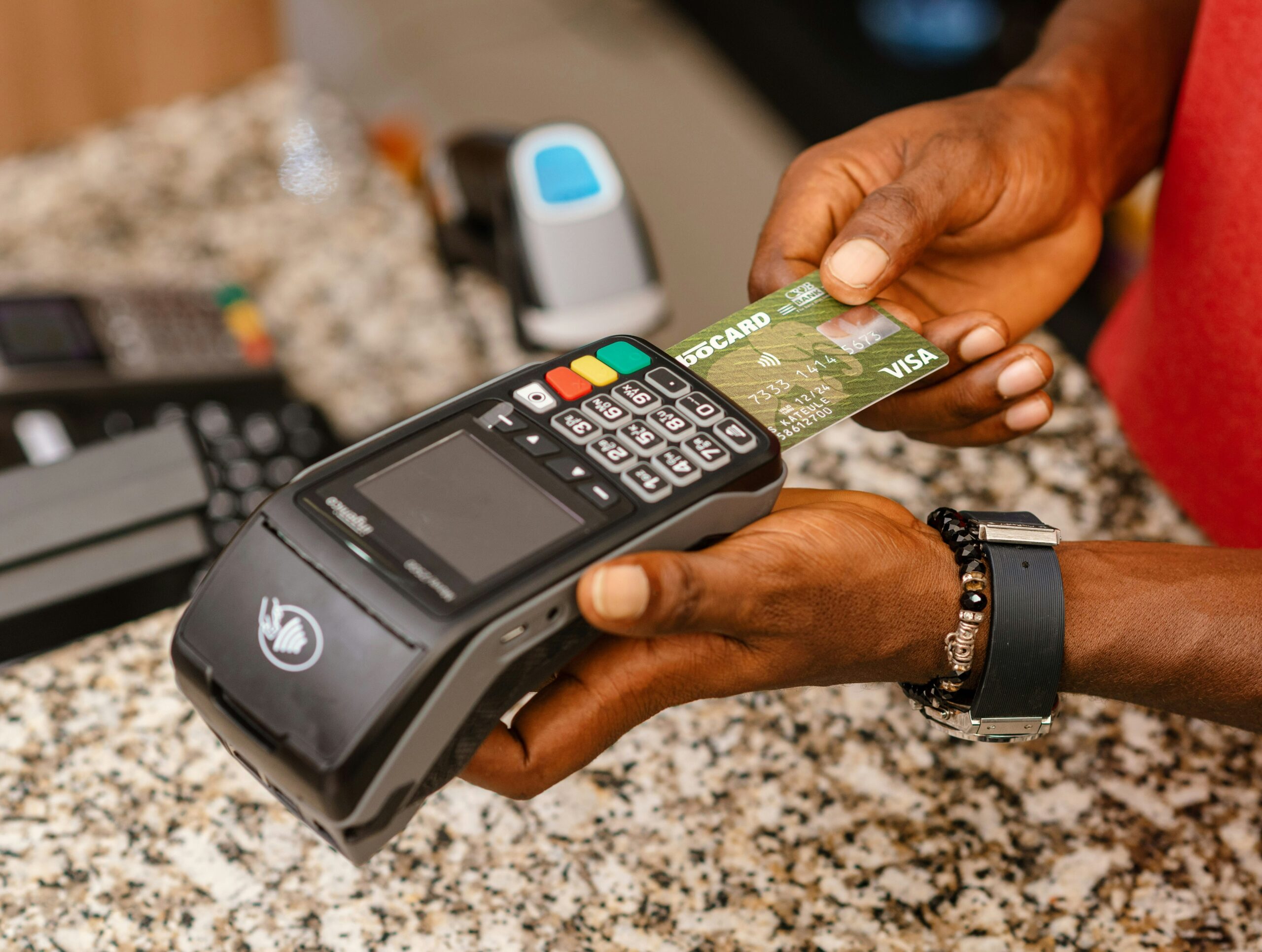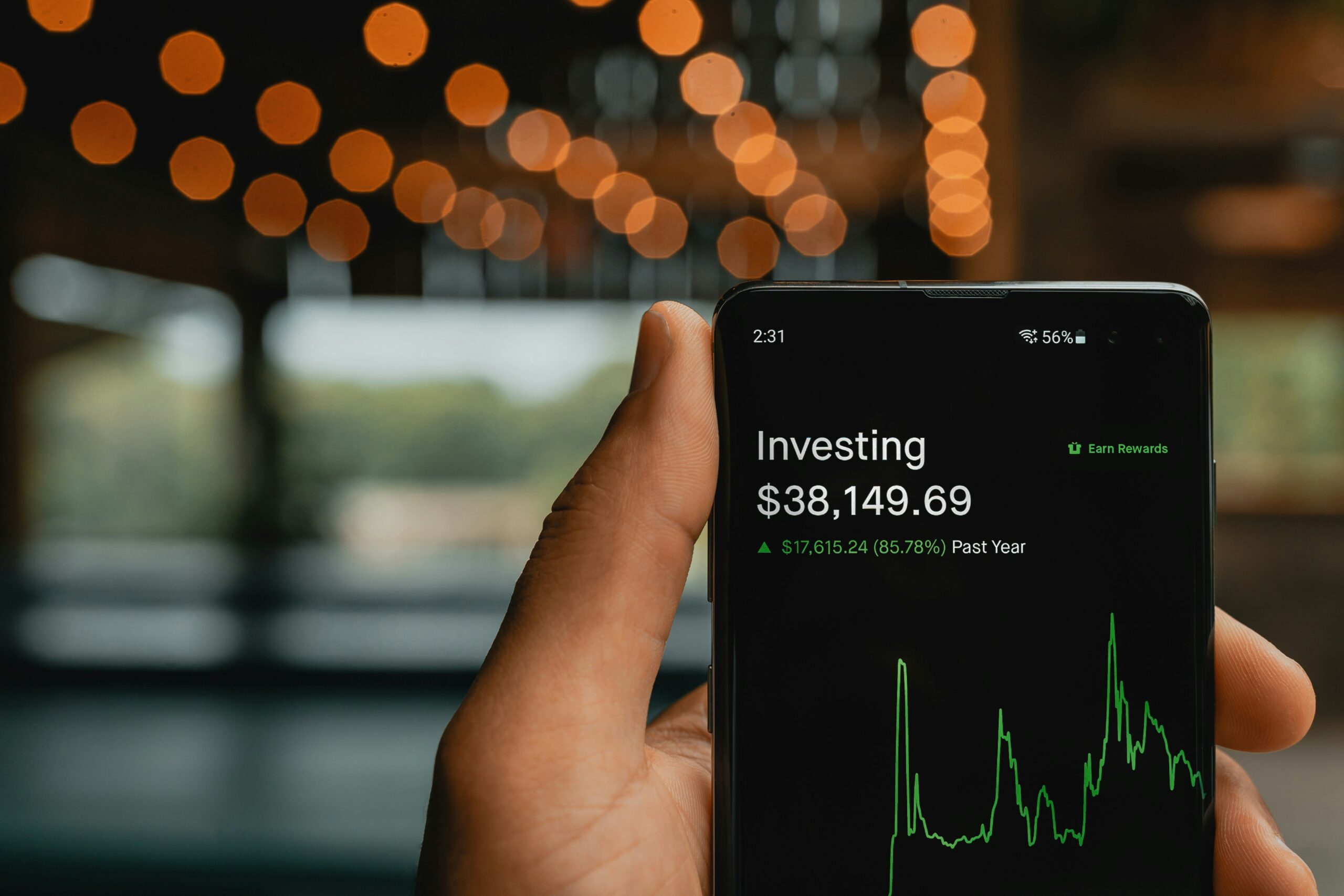How to diversify your investment portfolio in times of geopolitical risk is one of the most critical financial strategies for Americans in 2025. With global tensions rising, supply chains under stress, and financial markets experiencing frequent volatility, many investors are reassessing how they allocate their assets. Diversification remains one of the best defenses against economic shocks triggered by global instability.
Understanding the Impact of Geopolitical Risk on Investments
Geopolitical risk refers to the financial uncertainty that arises from international conflicts, political unrest, trade wars, or major policy shifts. These events can cause sharp market swings, currency fluctuations, commodity price spikes, and sudden changes in investor sentiment. As a result, portfolios heavily concentrated in a single asset class or geographic region become more vulnerable to losses during global crises.
Read more: How to Start Investing With Just $100
Why Diversification Matters More Than Ever
Diversification involves spreading your investments across different asset classes, sectors, and regions to reduce exposure to any single source of risk. By not putting all your eggs in one basket, you improve the chances that gains in one area can offset losses in another. During times of geopolitical unrest, well-diversified portfolios tend to experience less dramatic swings and recover more quickly from market shocks.
Asset Classes to Consider for Diversification
In 2025, investors have a range of asset classes to choose from when diversifying their portfolios:
- Stocks: Spread your equity investments across multiple sectors like technology, healthcare, consumer goods, and energy. Consider adding exposure to both domestic and international markets to balance geographic risk.
- Bonds: Bonds often provide stability during stock market downturns. Consider a mix of government, municipal, and corporate bonds. In uncertain times, U.S. Treasury securities are often seen as safe havens.
- Commodities: Investing in commodities like gold, silver, and oil can offer a hedge against inflation and currency risk during geopolitical unrest.
- Real Estate: Real estate investment trusts (REITs) provide exposure to property markets and can offer stable income streams.
- Cash and Cash Equivalents: Keeping a portion of your portfolio in cash or highly liquid assets like money market funds ensures you have flexibility during volatile periods.
Geographic Diversification
Limiting investments to U.S. markets may expose your portfolio to concentrated domestic risk. Consider adding international mutual funds, exchange-traded funds (ETFs), or global bonds to spread exposure across multiple economies. However, monitor global developments closely, as some regions may be more directly affected by geopolitical tensions than others.
Sector Diversification
Certain industries react differently to geopolitical events. For example:
- Defense and Energy sectors often benefit during times of conflict.
- Consumer staples tend to remain stable as demand for essentials continues.
- Technology and luxury goods may see declines during global uncertainty.
Spreading investments across various sectors can help balance these risks.
Consider Alternative Investments
For more advanced diversification, consider including alternative assets such as:
- Private equity
- Hedge funds
- Infrastructure projects
- Cryptocurrencies (with caution and as a small allocation)
These alternatives often behave differently from traditional stocks and bonds, providing additional risk management tools.
Read more: Crypto in 2025: Dead or Due for a Comeback?
Rebalance Your Portfolio Regularly
Diversification is not a one-time task. Regularly reviewing and rebalancing your portfolio ensures your asset allocation remains aligned with your risk tolerance and financial goals. In times of geopolitical instability, asset values can shift quickly, making rebalancing especially important.
Hedge Against Currency Risk
If you hold international investments, currency fluctuations can impact your returns. Some investors use currency-hedged ETFs or diversify into assets that historically perform well when the U.S. dollar weakens, such as gold or certain foreign equities.
Work With a Financial Advisor
Given the complexities of geopolitical risk and global market dynamics, consulting with a financial advisor can help tailor your diversification strategy to your specific needs and risk profile. Professional guidance ensures your portfolio remains balanced and resilient in the face of ongoing global uncertainty.
How to Choose a Financial Advisor – NerdWallet
Conclusion
Learning how to diversify your investment portfolio in times of geopolitical risk is essential for preserving wealth and achieving long-term financial goals. By spreading investments across asset classes, sectors, and regions by adjusting allocations as conditions change—you can reduce vulnerability to market shocks and build a more stable financial future, even in today’s unpredictable global landscape.











